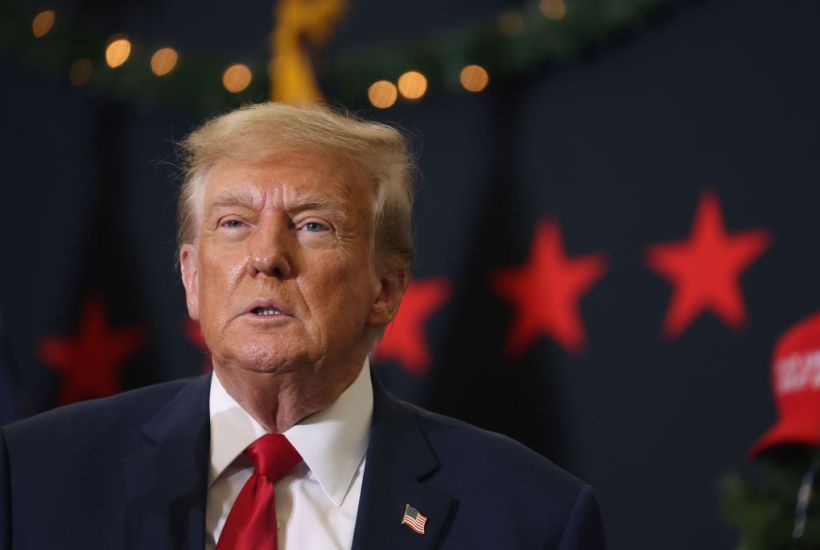Does kicking a popular candidate off the electoral ballot protect democracy? Or is that in fact deeply anti-democratic?
These are the questions that many Americans are pondering today after Colorado’s Supreme Court voted four to three to block Donald Trump from running in its state in the election next year, citing the insurrection clause in the 14th Amendment of the US Constitution.
Already a subscriber? Log in
Subscribe for just $2 a week
Try a month of The Spectator Australia absolutely free and without commitment. Not only that but – if you choose to continue – you’ll pay just $2 a week for your first year.
- Unlimited access to spectator.com.au and app
- The weekly edition on the Spectator Australia app
- Spectator podcasts and newsletters
- Full access to spectator.co.uk
Or





















Comments
Don't miss out
Join the conversation with other Spectator Australia readers. Subscribe to leave a comment.
SUBSCRIBEAlready a subscriber? Log in